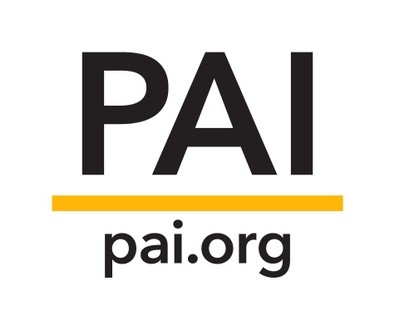
This website is made possible by the support of the American People through the United States Agency for International Development (USAID) under the Knowledge SUCCESS (Strengthening Use , Capacity, Collaboration, Exchange, Synthesis, and Sharing) Project. Knowledge SUCCESS is supported by USAID's Bureau for Global Health, Office of Population and Reproductive Health and let by the Johns Hopkins Center for Communication Programs (CCP) in partnership with Amref Health Africa, The Busara Center for Behavioral Economics (Busara), and FHI 360. The contents of this website are the sole responsibility of CCP. The information provided on this website does not necessarily reflect the views of USAID, the United States Government, or the Johns Hopkins University. Read our full Security, Privacy, and Copyright Policies.



